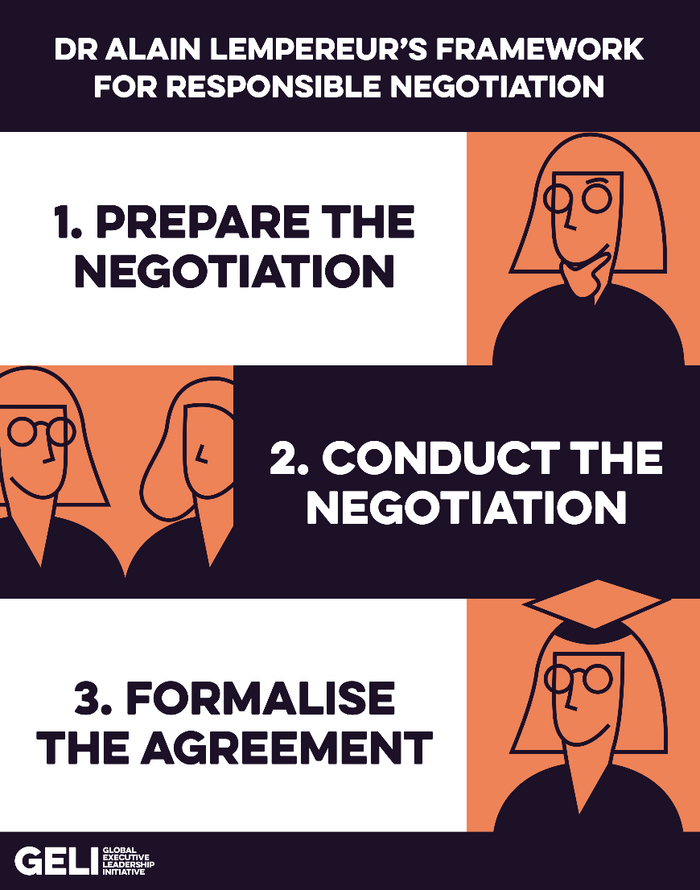“Your request is rejected”
Hearing those four words left me devastated. As a humanitarian in a leadership position negotiating access in the Syria operation, I felt the weight of this outcome. I was beside myself knowing that our team would be denied access to deliver essential help to people at the sharp end of the conflict. Coming up short in access negotiations, where the objective is to provide humanitarian aid to people living in “besieged and hard to reach areas” on both sides of the conflict, is heavy and tragic. As we were trying to evacuate urgent medical cases, our team knew that aid was desperately needed and that any delay would result in the loss of human life.
That night, I was not able to sleep. I stayed awake re-thinking our approach and wondering what we could have done differently? What could we do next? How could we adjust our strategy to negotiate more effectively to gain access to the people most affected by the conflict? What did we miss in our approach to convince the decision makers? Did we do everything possible to achieve a successful result?
Negotiations in Humanitarian contexts
Humanitarians are guided by the principles of humanity, impartiality, neutrality, and independence — and we are always devoted to ensuring respect and compliance with these principles. Our ability to listen, to lead with empathy, to mediate and to persuade, is crucial in making a difference in people’s lives. We spend our time talking to governments, non-state actors in non-government-controlled areas, and other influential stakeholders, often in complex situations, to gain their trust and get the permission (or the consent) to bring basic life-saving assistance to people in need.
We also negotiate with our humanitarian partners and our leadership team to agree on plans, strategies, and common priorities to deliver emergency assistance where it is most needed. When we carry out our work, our main emblem is our flag. We carry it hoping all actors will respect and facilitate our mission. Sadly, this is not always the case.
Most of us learn negotiation skills by trial and error. As humanitarians we are often good at connecting with people and try to keep the negotiation process focused on the results we want to achieve. We try to come with new ideas and carry ambitions to close a deal in every discussion. Yet, the consequences of every failed negotiation trouble us and the pressure remains.
Negotiation is a skill, and it is one that I have found to be critical in my career. And even if one isn’t born a good negotiator, you can learn how to become one.
Responsible Negotiation: People, Problems, Process
Dr Alain Lempereur, a GELI faculty who is also a Brandeis Professor affiliated to the Harvard Program on Negotiation and the Harvard Humanitarian Initiative, promotes his framework for responsible negotiation worldwide and applies it to leadership, mediation and humanitarian challenges. In his book The First Move: A Negotiator’s Companion, he highlights three steps for a successful negotiation:

Step 1: Prepare the negotiation
People: Take time to identify all the stakeholders; structure your approach to build a relationship and trust; and imagine everyone’s motivations, perceptions and approaches.
Problems: Analyse the situation and identify the issues from all points of view; understand the common and hidden agendas; recognize and predict shifting priorities and challenges; identify negotiated solutions that satisfy the motivations of the different stakeholders; and be flexible to shifting dynamics.
Process: Be clear about your goals; plan the different steps and moves to deliver your strategy; develop a clear agenda; and consider the optimum location and place to engage in the negotiation.
Step 2: Conduct the negotiation
People: Build a relationship with people involved, listen to the other side, put yourself in their shoes and demonstrate your understanding not only of their stories, opinions, but also of their emotions.
Process: Recognize the process could take; and be patient, share the agenda and timeline and agree on rules of conduct.
Problems: Be transparent and provide all necessary information, work with other parties to try and find shared values and common ground, imagine several possible scenarios, and strive for the best agreement possible.
Step 3: Formalize the agreement
People: Make trust the foundation until the end, relationships that have been established with the other parties will increase ownership of the deal.
Problems: Put the agreement in writing; check the wording and avoid potential misunderstandings in getting to yes.
Process: Identify how to get things done, structure an action plan with the next steps, clear roles and responsibilities for implementation, and specify time and date for follow-up meetings.
Life-long negotiations
As humanitarians our role is to amplify the voices of communities affected by conflict and disasters. We negotiate for their most basic rights. Today’s world has become very complex. Our role requires stronger and more agile negotiation, mediation and conflict resolution skills. A good leader is a strong negotiator: One who succeeds in concluding new, innovative solutions, managing and resolving conflicts, and increasing organizational resources (Lempereur & Colson, 2010). This new leader, who is a skilled negotiator, is indispensable for addressing today’s interlinked challenges.
Negotiation is an art, a life-long skill that one needs to practice, refine, and adapt. Having spent over 30 years in humanitarian operations, I believe negotiation skills are essential for humanitarian leaders. I am thrilled that we, in partnership with the Harvard University Humanitarian Initiative, have just introduced a new course Responsible Negotiation for Senior Leaders that brings senior humanitarian and development leaders together in a six-week blended learning programme to help them build and refine their negotiation skills through experiential workshops with negotiation experts Dr Alain Lempereur and Michele Pekar. We will run this programme in five regions (East Africa, West and Central Africa, the Middle East, Asia-Pacific and Latin America) during the course of 2021 and 2022.
Improving negotiation skills and equipping senior leaders working with the United Nations, NGOs and the Red Cross and Red Crescent Movement with negotiation techniques is crucial to prepare leaders to succeed in difficult and sensitive situations. The question is: how can we as humanitarians position ourselves in negotiations where the answer is “your request is approved”?
How did it end?
I am pleased to share that the four words “Your request is rejected” were not the final result of our negotiation. Having been able to eventually change the answer to a “yes” and be able to help the people in need is a career milestone I will always remember.






